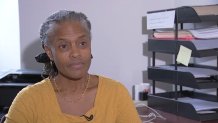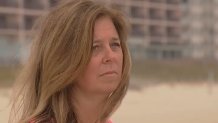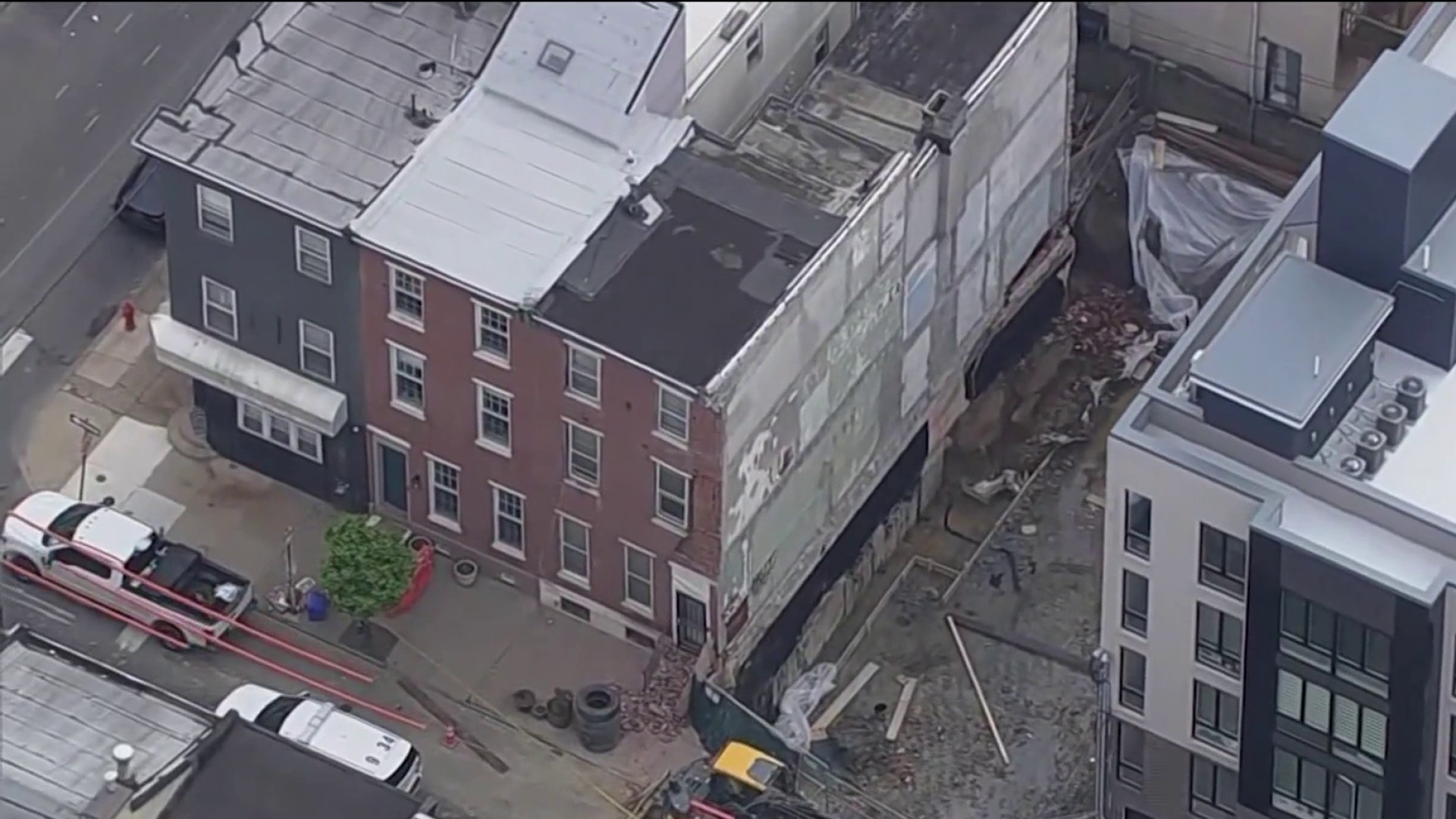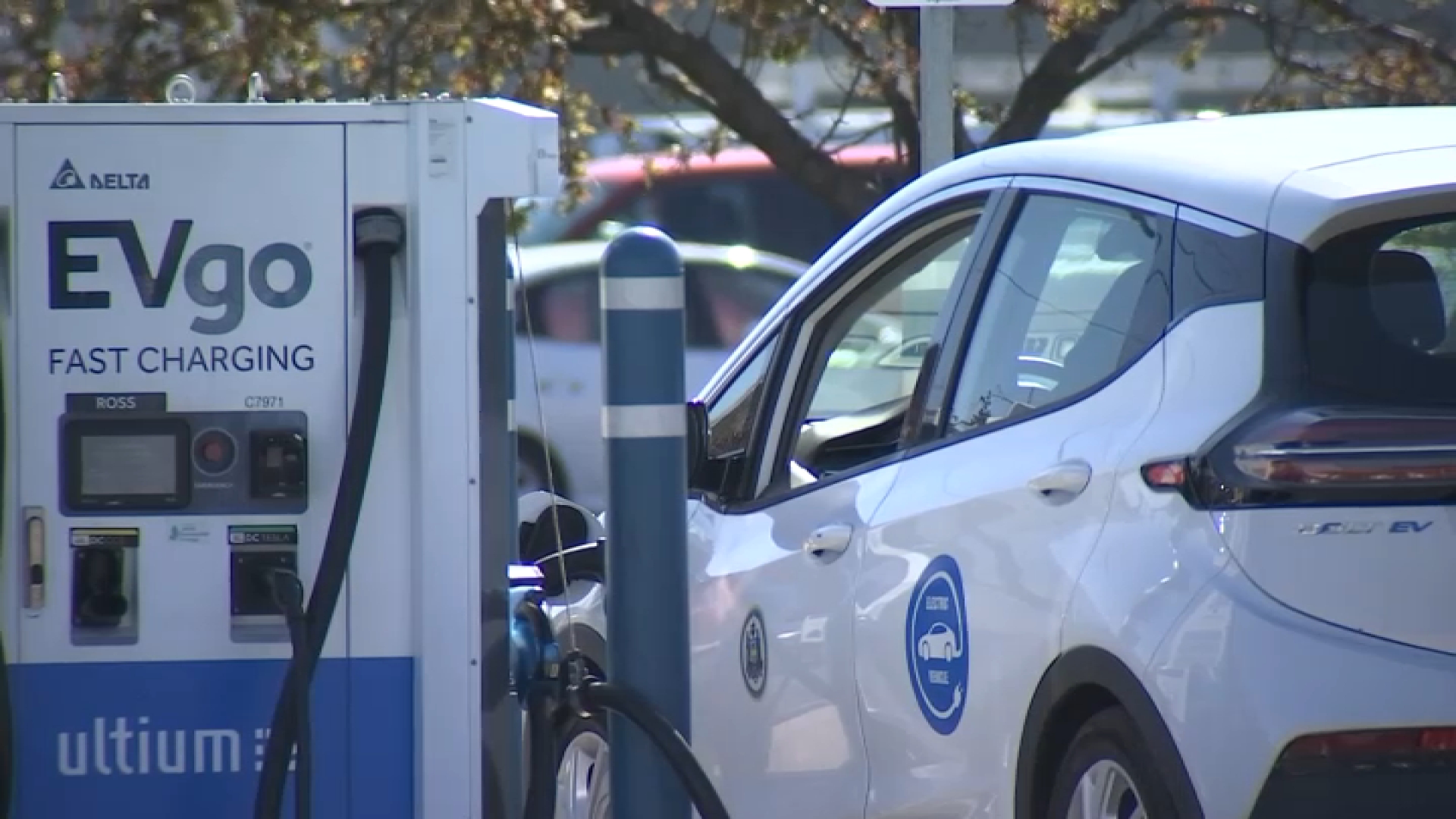Eight months ago, Ryan got a call from his father, Gerry. It was a shocking conversation from the first words.
"My dad gave me a call one night, very distraught, crying," Ryan said. "He said, 'I have some news.' At the time I thought there's a death in the family."
His father's news was family-related, but it wasn't a death. What Gerry showed his son proved even more shocking.
"He sent a picture … It was a screen shot of Ancestry.com," Ryan said. "And he said, 'Your brother is not mine.' I said, 'What are you talking about?'"
Then he asked his father, "What about me?"
Gerry and his wife divorced years ago, but only earlier this year did Gerry and both his sons find out that they are not biologically-connected.
Ryan, 29, and his older brother, now 33, spent part of their childhood in New Jersey. They always thought their mother was their mother and their father was their father.
Investigators
Digging deeper into stories that affect the Philadelphia region
Instead, a home DNA test kit proved that a former New Jersey state trooper fathered both brothers. Ryan's mother confirmed to NBC10 that her sons' father is the New Jersey state trooper, but insists that she had no idea until the DNA tests this year. She declined to be interviewed on camera.
"It’s difficult. It's sad. But in the end, it really changes nothing as far as my relationship with my entire family goes," Ryan said.
Shocking results that took the family by surprise are expected to grow in number as millions more take home DNA tests in the years ahead. The idea that your life could be turned upside down from some spit on a cotton swab isn’t what most people expect when they go looking for their ancestry.
The story of Ryan and his family is both a forewarning for others and an outlook people should consider if all new family history comes out in test results.
"The results change nothing for me," Ryan, who now lives in Miami, told NBC10. "My dad is my dad. I don't have to have a relationship with the other guy."
He added, "I'm grown up now. (I have a) family of my own. It’s easier that way."
20 Million DNA Test Kits and Counting: Surprises Come With the Data
Home DNA testing kits, like those done by Ryan and his brother on Ancestry.com, have grown in popularity the last decade. More than 20 million Americans have taken tests provided by companies like Ancestry.com, a Utah-based company, and 23andMe, of California.
The pace of submitting DNA via consumer tests is rapidly speeding up, according to West Chester University professor Anita Foeman, who has studied the industry since 2006.
More than 100 million people will submit their DNA for testing in just the next few years if the trend continues, Foeman said.

"It is changing the way that we think about each other, our relationships to one another, and what’s sort of out there and what we can keep secret," she said.
The tests also raise ethical questions about the Big Data aspect of such personal information: What can companies do with your DNA results? Should law enforcement agencies have access to the results?
And of course, there is the upheaval within families when the results from a home DNA kit yield big surprises.
"We see them all the time," Foeman said. "The tests are far better at pinpointing genetic relatives than they are at ancestry. So if someone had some unclear ancestry, I could say, 'Well, you know, the test isn't perfect. But people are finding out, again, that their parents are not their parents, et cetera."
New Cousin Found, New Secret Unearthed
When DNA test results came back for Anna Marie, a 50-year-old Delaware woman, the findings confused her.
For one thing, her results showed no Russian lineage. That contrasted results from a DNA test her brother took that confirmed he was 31% Russian.
"I remember looking at it and I was like, 'Oh, that’s interesting because you have that and I don’t have that,'" the Delaware woman told NBC10. "Eric, my youngest brother was like, I don’t know what that means."

Anna Marie’s mother, Anna, professed confusion as well.
"My mom was like, 'I don’t know how any of this works,'" Anna Marie said.
Yet she couldn't shake the feeling that the scientific data confirmed an unmistakable something she long held in her mind — something she couldn’t quite put into words all her life.
"You always feel that something’s not right. Something's missing," Anna Marie said. "I don't know. It's just some part of you that knows there’s something you don’t know."
Nearly 400 miles away, a woman in Virginia came across a similarly unpredictable result from her own DNA test result.
This woman, a nurse named Tina, had a first cousin from Delaware named Anna Marie, according to her findings on Ancestry.com. She reached out to her newfound Delaware relative, but didn’t hear back for several months.
Eventually, though, first cousins emailed each other.
"I said, 'Do you know my uncle?'" Tina, a nurse who lives in Roanoke, remembers initially asking Anna Marie. "She said, 'I've never heard of him.' And I said, 'Well, ask your mother.'"
When Anna Marie got back to her, Tina said, "the cat was out of the bag."
Advice for DNA Test Takers: Talk With Family First
Foeman, the West Chester professor of media and communications who has studied DNA test kits for 13 years, said families should have frank discussions about the past ahead of time.
"Ask them if there is anything you should know," Foeman said. "And I can tell you that I've had people decide not to take the test based on conversations they've had with their families."
Their decision is not always based on a discovery as shocking as finding out about a secret relationship, Foeman said. It could be simply that they were born through in-vitro fertilization, or are adopted.
"Most people are not floored by what they find," she said. "Most people find immediate relatives, or what they thought. And sometimes, it's distant relatives. And then it's that rare person, I'll test two classes of 50, and two people will find something where they’re like, 'Woah!' So it’s not typical, but it happens regularly."
A lot of the shock comes from changing cultural dynamics and lifestyles.
Access to DNA-analysis technology has emerged only a few decades removed from vastly different societal acceptance around scenarios like having children out of wedlock.
"Times have changed, and people have made decisions 10, 15, 20 years ago based on what we knew, and based on the social stigmas and attitudes that we had at that time," Foeman said. "And they didn't expect 20 or 30 years later, that somebody was going to uncover some of this."
Secret Born of 'Summer of Love' Finally Uncovered 50 Years Later
The connection between suddenly first cousins, Anna Marie in Delaware and Tina in Virginia — thanks to Ancestry.com — actually uncovered a family secret 50 years old.
What Anna Marie discovered about herself and her mother dates to what is often called "the Summer of Love," 1969.
Her mother, Anna, was 16. She spent that summer on the beaches of Ocean City, Maryland.
A lifeguard named Cecil became a friend, and then a lover. What happened after the summer would stay hidden for five decades.
Anna became pregnant by the lifeguard, and eventually gave birth to Anna Marie in secret. A few years later, Anna got married, and her husband adopted Anna Marie.
The truth about Cecil and the Summer of Love in Ocean City might have stayed hidden forever if not for the DNA test kit that Anna Marie bought.
After Tina and Anna Marie began talking about their Ancestry.com findings, it was clear to Anna that her daughter deserved to know the truth.
“I took her to lunch... one of the restaurants here by the ocean and I told her,” Anna told NBC10 in an interview in October in Ocean City.
“I was numb,” Anna Marie said of her initial reaction to the truth.
Unlike others who don’t care to meet their newly-discovered biological parent, Anna Marie says she would have liked to meet Cecil.
That fate was not meant to be: Cecil died five years ago.
"I’m very sad because if it had been five years sooner, just five years, he would have gotten to know his child,” Anna Marie said.
Digital editor Brian X. McCrone contributed writing to this series.




